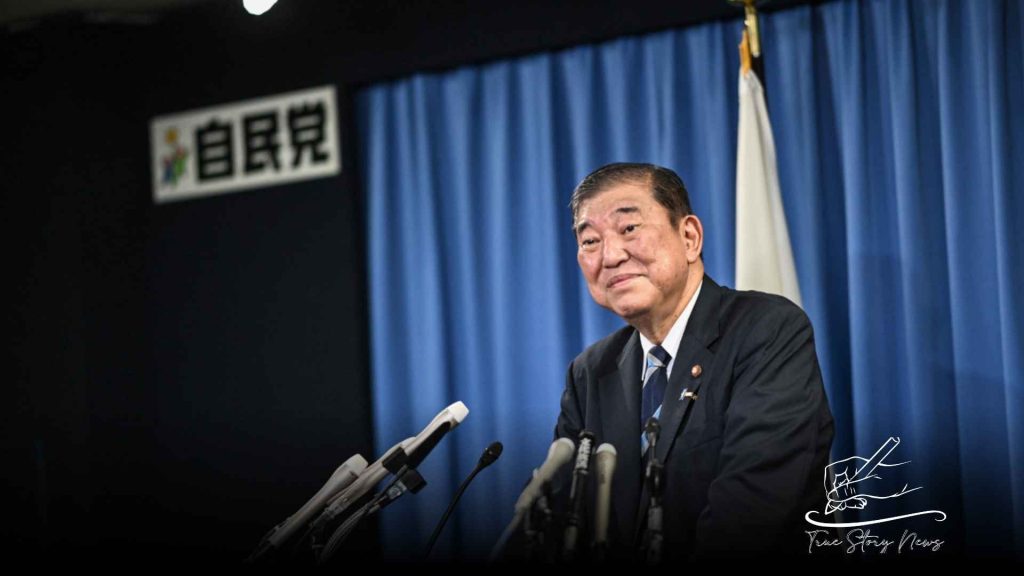Just three days following his election as the new leader of Japan’s ruling party, Shigeru Ishiba, the incoming Prime Minister, has revealed intentions to hold a snap election on 27 October.
Ishiba, 67, has taken over the leadership of the Liberal Democratic Party (LDP) from outgoing prime minister Fumio Kishida following a closely contested election in which he garnered more votes than any of the other eight contenders.
With the Liberal Democratic Party holding a parliamentary majority, Ishiba is set to receive approval as prime minister from parliament on Tuesday.
Reuters reported that Ishiba stated during a press conference in Tokyo on Monday, “The public must evaluate the new administration at the earliest opportunity. “
The upcoming election, scheduled to occur over a year ahead of its official date, will determine the party that will hold power in the lower house of parliament.
Earlier in the day, Ishiba commenced the selection of government and party officials who will join him in the upcoming general election campaign. Among those chosen are two prominent former prime ministers: Taro Aso, who will serve as an adviser, and Yoshihide Suga, appointed as vice-president.
Ishiba extended an invitation to Shinjiro Koizumi, a well-regarded competitor in Friday’s leadership contest, to take on the role of election strategy chief, capitalizing on Koizumi’s positive reputation among the Japanese populace.
Despite her close defeat to Ishiba in the runoff leading up to Friday’s poll, Sanae Takaichi, a prominent figure among hardline female conservatives, was notably absent from Ishiba’s selections.
Following his victory in Friday’s leadership election, Ishiba pledged to rejuvenate Japan’s economy, tackle security challenges, and reform the LDP, which has seen a significant decline in approval ratings due to recent public scandals and internal strife.
At the forefront of these controversies are disclosures about the significant influence exerted by Japan’s contentious Unification Church within the Liberal Democratic Party (LDP). Additionally, there are growing suspicions that various factions within the party have under-reported political funding over several years.
The recent controversy sparked widespread public outrage and significantly impacted then Prime Minister Kishida’s political standing, culminating in his announcement in August that he would not pursue re-election as leader of the LDP.
“In the forthcoming presidential election for the LDP, it is essential to demonstrate to the public that the party is committed to change,” Kishida stated during a press conference last month, where he revealed his choice not to seek another term.
“Transparent and open elections, along with free and vigorous debate, are essential for this.”
Shortly after assuming his new role on Friday, Ishida reflected on the sentiments expressed by his predecessor.
“We should be a party that encourages members to engage in open and honest discussions, one that upholds fairness and impartiality on all issues, and a party that embodies humility,” he stated to the press.
Despite various scandals, the Liberal Democratic Party (LDP), which dominated Japan’s political landscape for most of the post-war period, continues to be the nation’s most favored political party.
Experts viewed the final two weeks of campaigning for leadership as a crucial audition for the upcoming general election. During this period, candidates aimed to showcase their appeal not just to party members but also to the broader public, seeking to capture the electorate’s support.











